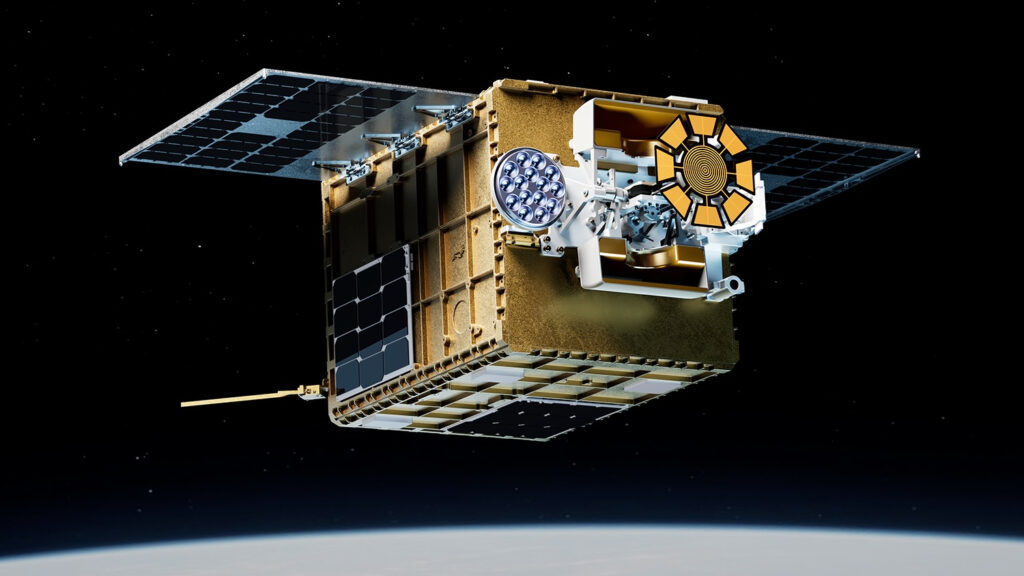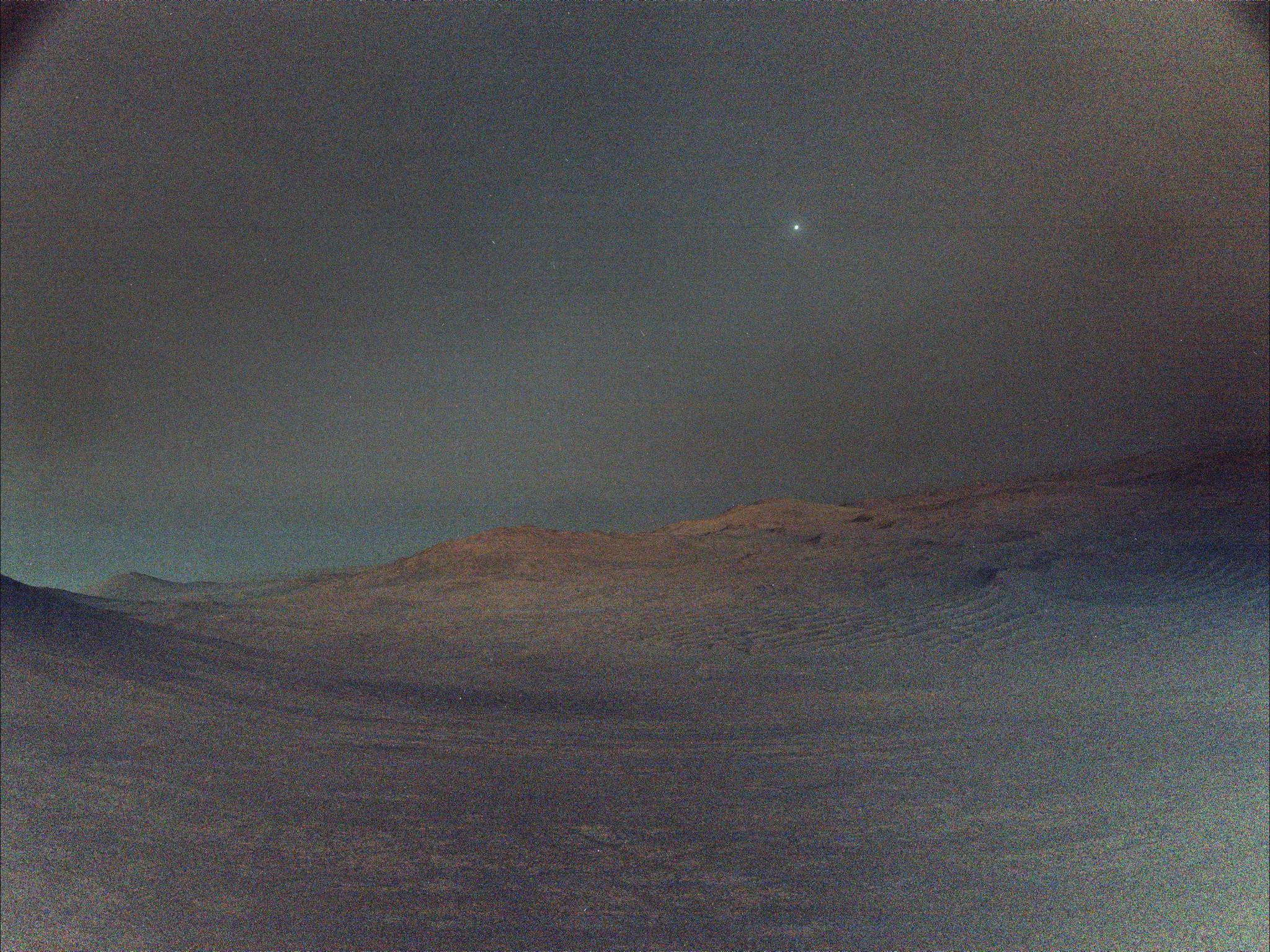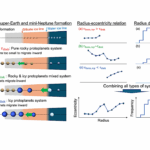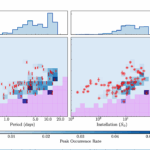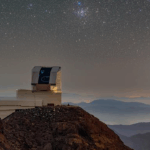Now Reading: Is NASA ready for the Red Planet? US senator’s ‘Mission to MARS Act’ aims to modernize Johnson Space Center
-
01
Is NASA ready for the Red Planet? US senator’s ‘Mission to MARS Act’ aims to modernize Johnson Space Center
Is NASA ready for the Red Planet? US senator’s ‘Mission to MARS Act’ aims to modernize Johnson Space Center
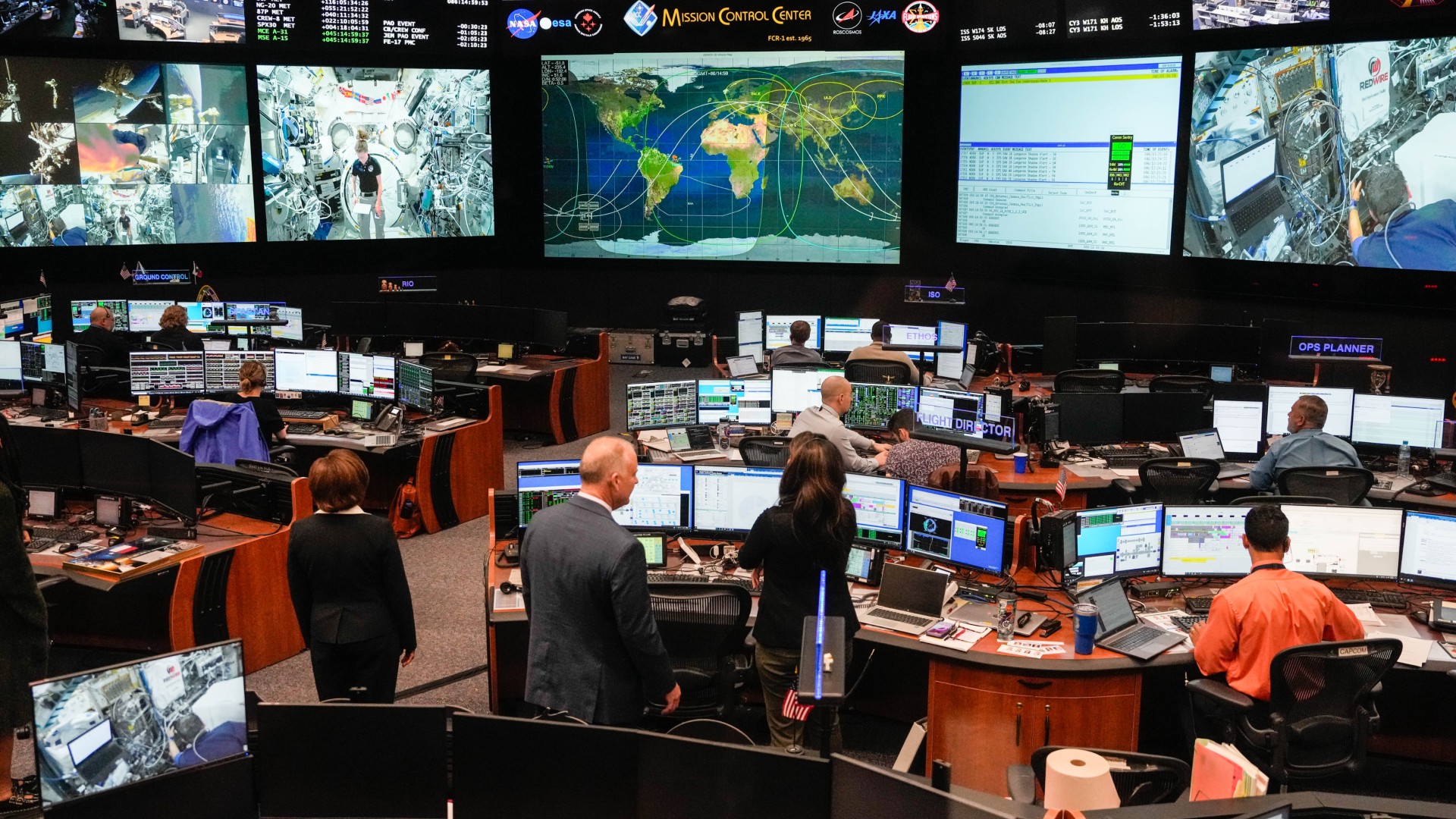
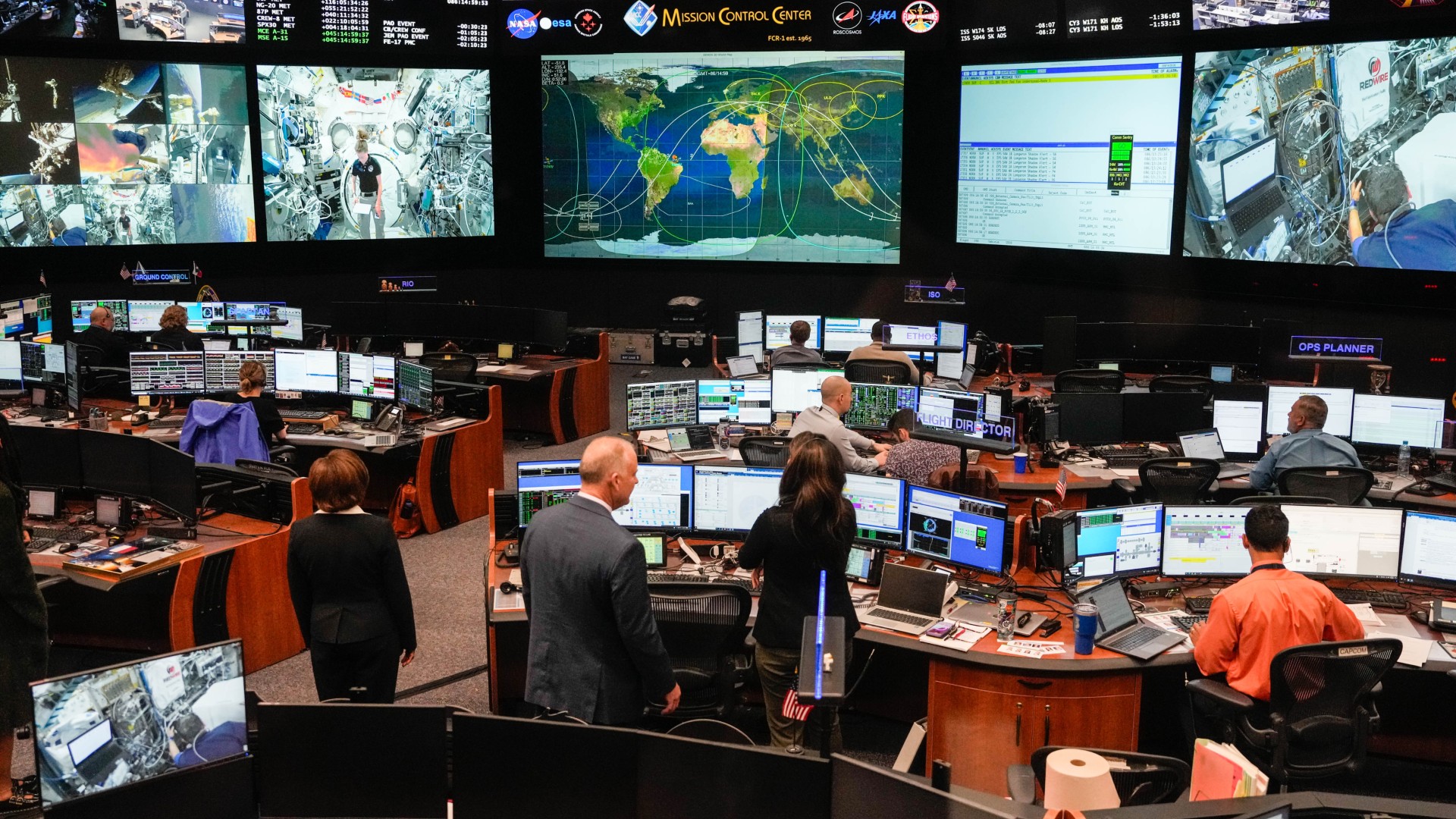
Texas is positioning itself at the forefront of human spaceflight research with a $1 billion proposal to upgrade NASA’s Johnson Space Center, preparing the facility to support long-duration missions to the moon, Mars and beyond.
U.S. Senator John Cornyn (R-TX) introduced the “Mission to Modernize Astronautic Resources for Space (MARS) Act” on Tuesday (May 13), which aims to revitalize critical infrastructure at NASA’s human spaceflight facility in Houston.
The proposed funding would address several key areas, including upgrades to training facilities, mission control, spacecraft simulation labs and research centers at Johnson Space Center (JSC), according to a statement from Cornyn’s website.
“Throughout history, America has pioneered human space exploration and boldly charted the path into the great unknown,” Sen. Cornyn said in the statement. “I am proud to lead this legislation to not only send humans back to the moon, but to the next frontier of Mars, where technological advancements and untold scientific discoveries await.”
A recent National Academies report highlighted concerns regarding NASA’s aging infrastructure. The MARS Act, which has been shared with the state committee for further consideration, would address these concerns and reinforce U.S. leadership in space exploration by modernizing critical facilities at NASA’s Johnson Space Center.
The MARS Act seeks to allocate $1 billion over the next decade to enhance astronaut flight training facilities and aircraft, modernize mission control to support crews beyond low-Earth orbit, improve the Neutral Buoyancy Lab for advanced training and defense collaboration, repair and update sample research labs, and build a new space food systems laboratory.
Additionally, the bill earmarks funds for essential maintenance at JSC, including HVAC renewals, electrical upgrades, asbestos mitigation and roof repairs.
RELATED STORIES:
This new legislature aligns with efforts by Texas Governor Greg Abbott’s Texas Space Commission to solidify the state’s role in space exploration. It also supports President Trump’s call during his Joint Address to Congress to “conquer the vast frontiers of science” and “lead humanity into space and plant the American flag on the planet Mars and even far beyond,” according to the statement.
Stay Informed With the Latest & Most Important News
Previous Post
Next Post
-
 01Two Black Holes Observed Circling Each Other for the First Time
01Two Black Holes Observed Circling Each Other for the First Time -
 02From Polymerization-Enabled Folding and Assembly to Chemical Evolution: Key Processes for Emergence of Functional Polymers in the Origin of Life
02From Polymerization-Enabled Folding and Assembly to Chemical Evolution: Key Processes for Emergence of Functional Polymers in the Origin of Life -
 03Astronomy 101: From the Sun and Moon to Wormholes and Warp Drive, Key Theories, Discoveries, and Facts about the Universe (The Adams 101 Series)
03Astronomy 101: From the Sun and Moon to Wormholes and Warp Drive, Key Theories, Discoveries, and Facts about the Universe (The Adams 101 Series) -
 04True Anomaly hires former York Space executive as chief operating officer
04True Anomaly hires former York Space executive as chief operating officer -
 05Φsat-2 begins science phase for AI Earth images
05Φsat-2 begins science phase for AI Earth images -
 06Hurricane forecasters are losing 3 key satellites ahead of peak storm season − a meteorologist explains why it matters
06Hurricane forecasters are losing 3 key satellites ahead of peak storm season − a meteorologist explains why it matters -
 07Binary star systems are complex astronomical objects − a new AI approach could pin down their properties quickly
07Binary star systems are complex astronomical objects − a new AI approach could pin down their properties quickly














